Rutsiro: Overcrowding and Resource Shortages Threaten School Meal Quality

In the ongoing effort to provide quality meals for students in Rutsiro District, overcrowding in schools has emerged as a significant challenge that affects both the accessibility and quality of food.
Father Paul Maniragaba, the head of Marie Reine Congo Nil School in Rutsiro, highlighted that overpopulation is a widespread issue affecting many schools, both locally and regionally. He explained that overcrowding leads to reduced kitchen space, fewer cooking utensils, and an increased frequency of meal preparation, all of which compromise the quality of food served.
He shared: “We face a shortage of resources, such as large pots for cooking. With so many children, our cooking utensils are insufficient. Even primary school students have no space to eat. The lack of adequate dining space and a cramped kitchen makes it difficult to prepare quality meals.”
The overcrowding also creates challenges during peak cooking hours, leading to rushed meal preparation and incomplete cooking. As a result, students sometimes end up eating undercooked food, which can cause stomach problems or digestive issues.
Some students reported resorting to junk food due to the quality of the meals. One student said: “The people who prepare the meals choose the best crops for us, and there’s no waste. The food looks good, and there’s no problem.”
However, another student anonymously noted: “A student who doesn’t eat properly may get a stomachache, which prevents them from sitting in class to study. This health problem can be so distracting that they can’t focus on learning.”
Poorly prepared meals also raise concerns about hygiene, with students mentioning risks like stomach worms or other illnesses caused by contaminated food. While these issues have not yet occurred at their school, students have heard of similar problems at other schools, possibly outside the Rutsiro District.
Many students expressed a desire for more variety in their meals, as eating the same food for weeks can lead to digestive problems. They suggested that changing the diet could help alleviate these issues.
Another factor affecting meal quality is the ongoing water shortage in the region.
Kayitesi Dative, Mayor of Rutsiro District, expressed optimism that the problem would soon be addressed.
“In collaboration with the Ministry of Education, we are working to improve our infrastructure. The IPRC is assisting us in producing cooking utensils. The rising number of students, driven by efforts to reduce school dropout rates, is placing additional pressure on our resources. However, we are optimistic that these challenges will be addressed in due course.”
The campaign to improve school feeding programs is being led by the Rwanda Standards Bureau (RSB) in collaboration with the Ministry of Trade and Industry (MINICOM) and the World Food Programme (WFP).
The initiative, which began with a launch event in Nkumba, continues across districts such as Burera, Rubavu, and Rutsiro, with plans to reach all 11 districts by the end of the program.
Since its launch, the school meals program has shown positive results, including improved school attendance, especially for students from disadvantaged families, and better socialization and sharing among students.
Related Articles
Late February Weather Alert: Heavy and Above-Average Rainfall Forecast Across Rwanda
The Ministry in charge of Disaster Management (MINEMA) has issued a weather...
GBOX Launches AI Literacy Initiative to Support Rwanda’s Digital and Sustainable Development
A new Artificial Intelligence (AI) literacy program has been introduced last week...
Global Agri & Food Safety Congress 2026: Building Resilient Food Systems in a Changing Climate
On 26–27 February 2026, international experts, researchers, industry leaders, farmers, and policymakers...
Why Animals Are a Key Piece of Africa’s Disaster Resilience Puzzle
Across Africa, people and animals have coexisted for centuries, not just sharing...



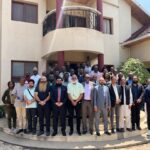
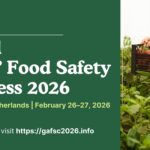

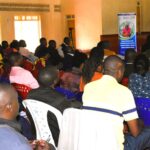



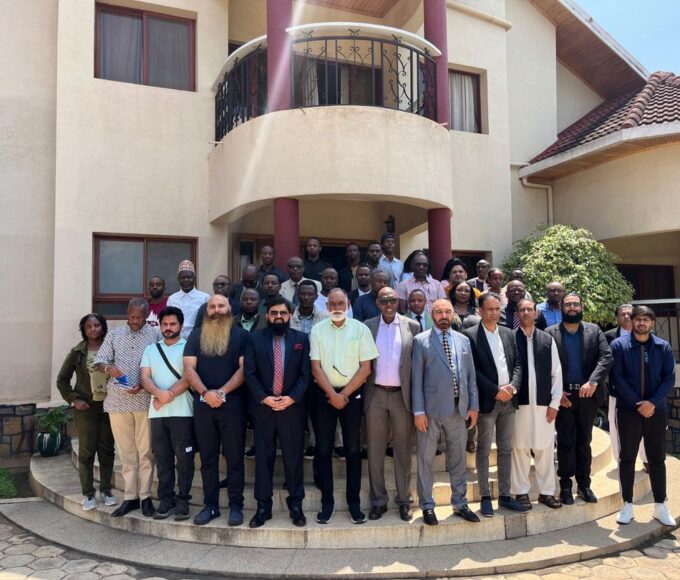
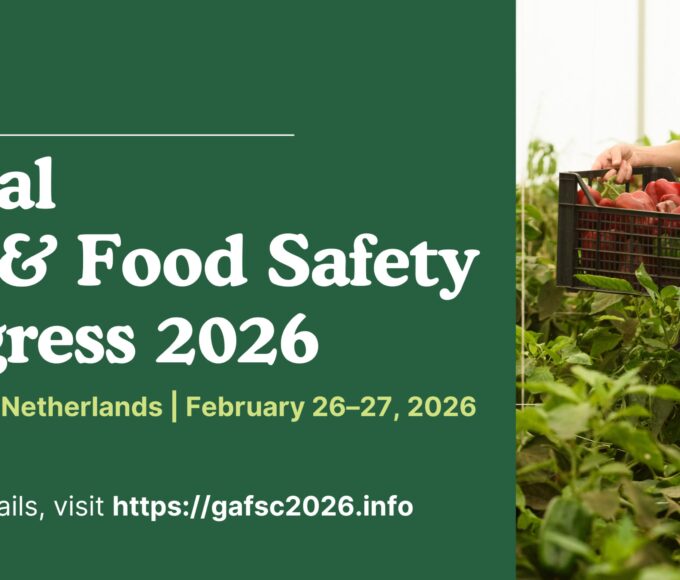

Leave a comment